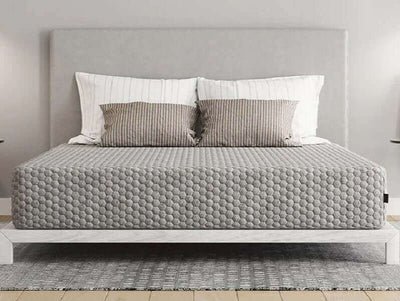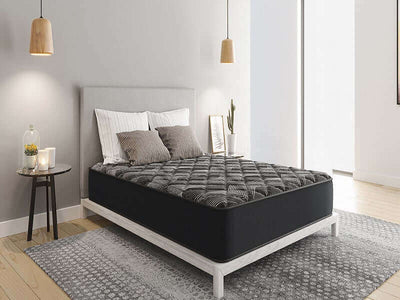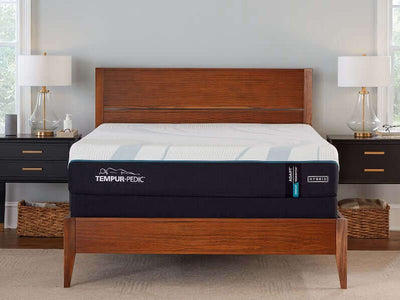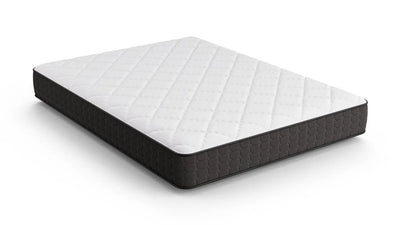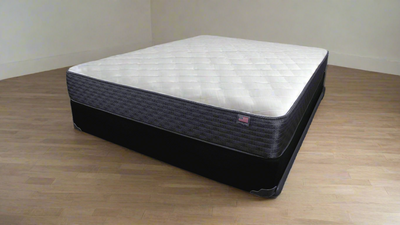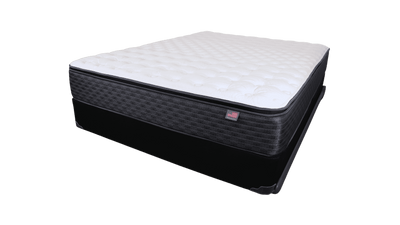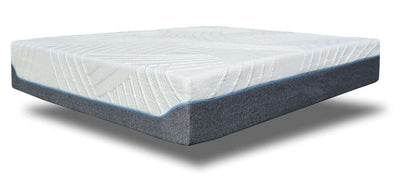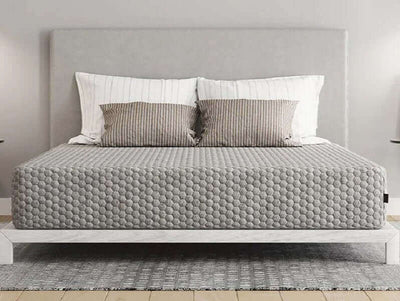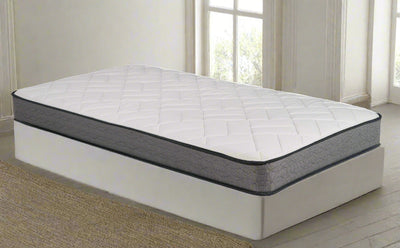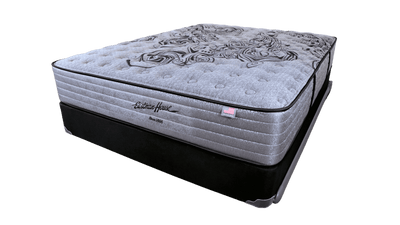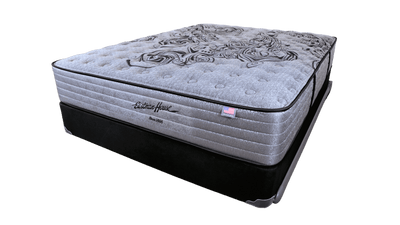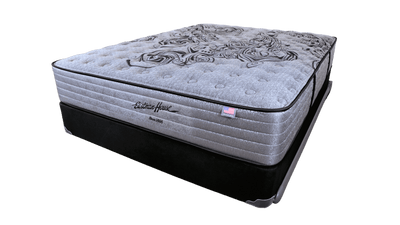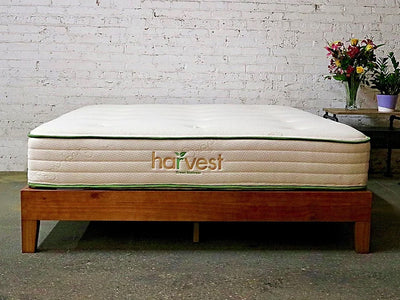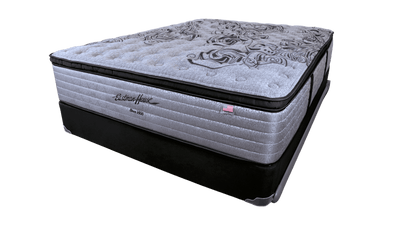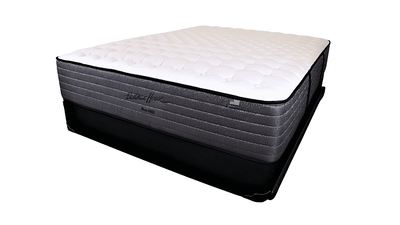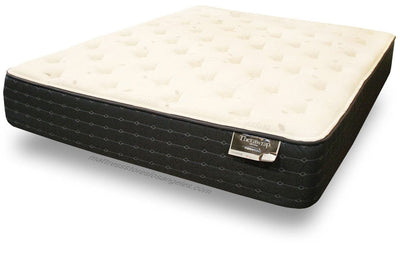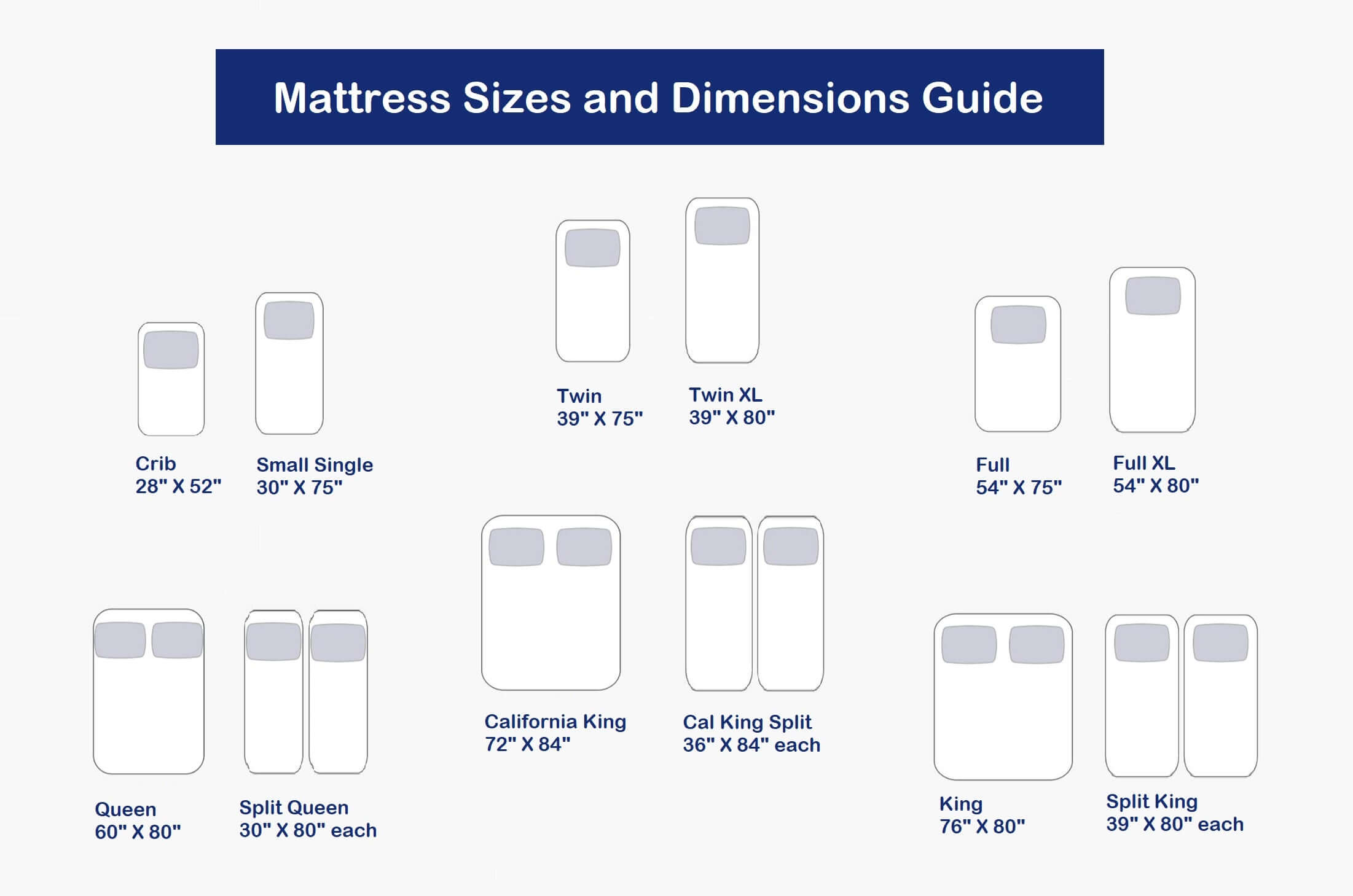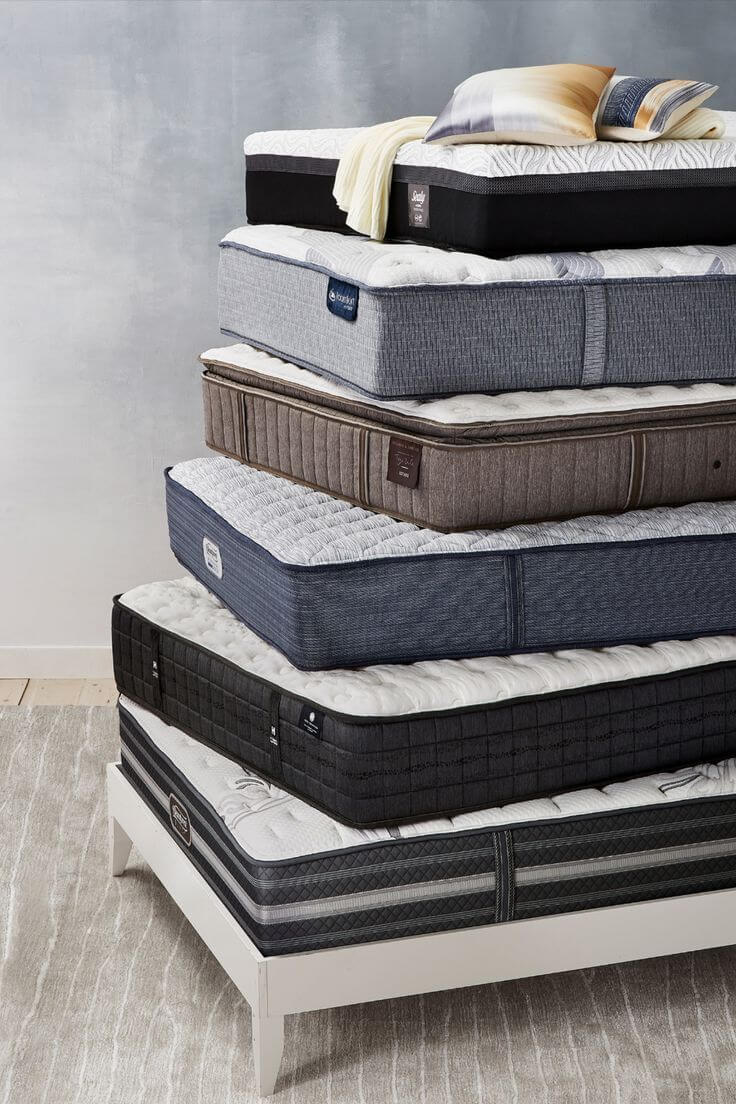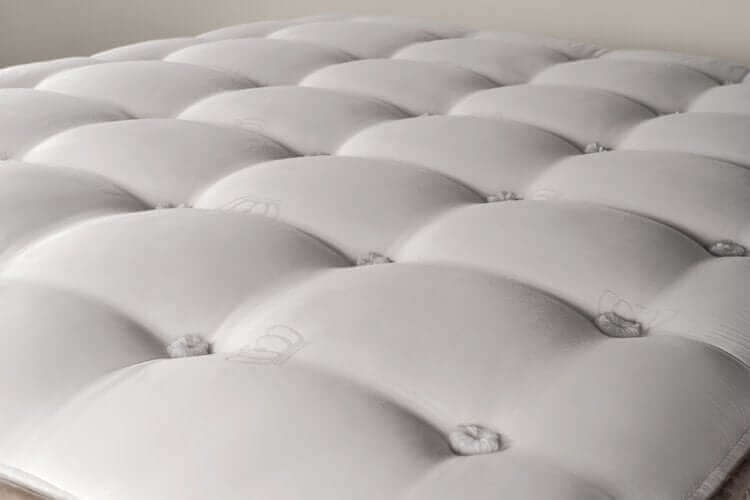Choosing the right mattress can make all the difference in your sleep quality and overall well-being. Whether you're looking for the best memory foam sleep surface for side sleepers with back pain, or a firm innerspring sleeping arrangement for stomach sleepers, LA Mattress Store has a wide range of options tailored to your specific needs.
Popular Mattress Types & Benefits
- Natural Latex Sleeping Platform: Ideal for adjustable bed frames in queen size, offering eco-friendly support and bounce.
- Cooling Gel Infused Memory Foam: Great for king-size hot sleepers who need temperature regulation throughout the night.
- Organic Cotton Pillow Top Innerspring: A durable, breathable sleeping pad perfect for heavy people needing pressure relief.
- Hybrid Sleep Foundation: With zoned support and motion isolation, perfect for couples with different preferences.
- Firm Innerspring Mattresses: Best budget-friendly option for stomach sleepers seeking consistent support.
- Plush Euro Top Sleeping Solutions: Designed with cooling tech, ideal for summer or hot climates.
Shop by Size & Specific Sleep Needs
- Split King Memory Foam: Adjustable base compatible sleeping space for couples with unique preferences.
- Hypoallergenic Latex Cushion: Twin XL option designed for allergy sufferers with sensitive skin.
- Medium Firm Hybrid: Pocketed coil support system that promotes spinal alignment and reduces back pain.
- Certified Organic Latex Surface: Best for those with chemical sensitivities and eco-conscious values.
- Luxury Pillow Top: Wrapped coil system offering unmatched comfort and support.
